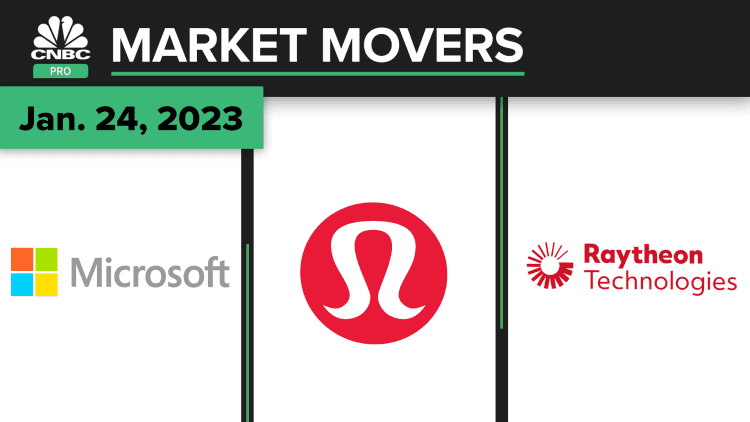
The Dow Jones Industrial Average finished higher Tuesday as investors parsed through the latest batch of corporate earnings reports for insight into the state of the economy.
The Dow gained 104.40 points, or 0.31%, to close at 33,733.96. This marked the third day of gains for the 30-stock index. The S&P 500 dipped 0.07% to settle at 4,016.95, while the Nasdaq Composite dropped 0.27% to end at 11,334.27.
Earnings season continued Tuesday with mixed results. 3M dropped 6.2% on disappointing guidance, while Union Pacific dipped 3.3% after the railroad company's results fell short of analysts' estimates. The unofficial start to big-tech results kicks off with Microsoft reporting after the bell.
"We've had two really strong days in the market in anticipation that the Fed's going to pause as we get into a busy week of earnings," said Victoria Fernandez, chief market strategist at Crossmark Global Investments. "But, the earnings that we saw yesterday and this morning are really mixed."
Fernandez expects stocks to trade in a tight range as the market absorbs the latest commentary on margins, inflation and the macro environment.
Tuesday's market moves come after a solid start to the week, with all the major averages coming off of back-to-back gains. On Monday, the Nasdaq Composite led with a gain of 2.01%. The S&P 500 and Dow added 1.19% and 0.76%, respectively.
The gains have come despite an underwhelming start to earnings season and more signs that the U.S. economy is slowing. Some investors hope these findings will prompt a pivot from the Federal Reserve when it convenes at its policy meeting next week.
Correction: An earlier version of this story misstated the Dow's move for the session.


